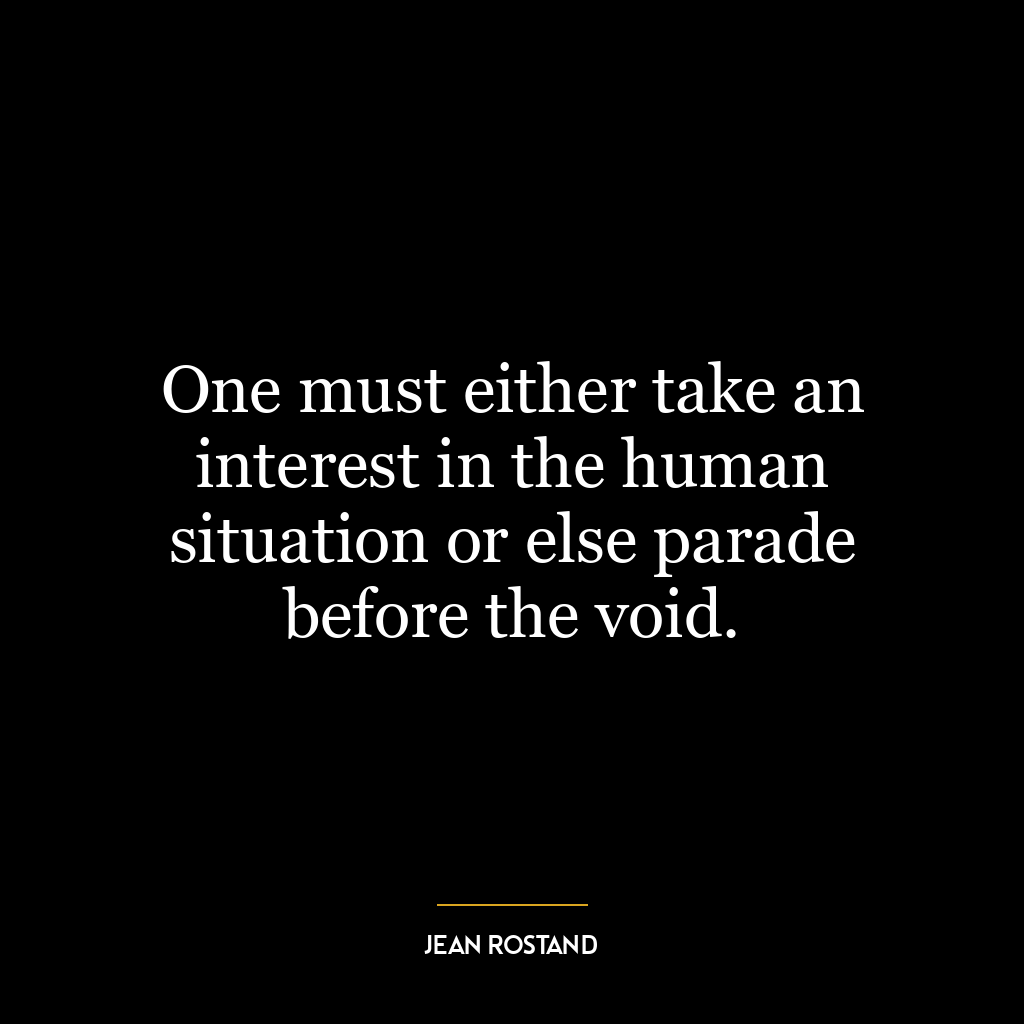If my mind be not engaged in worship, it is as though I worshipped not.
This quote, “If my mind be not engaged in worship, it is as though I worshipped not,” explores the concept of mindfulness and presence in any activity, not just religious worship. It suggests that the physical act of worship, or any action, is meaningless without mental and emotional engagement. The essence of any action lies not in the act itself, but in the intention and attention given to it.
Applying this idea to today’s world, we often find ourselves multitasking, our minds scattered across various tasks, not fully present in any of them. This quote urges us to be fully present and engaged in whatever we do, whether it’s a mundane task or a significant project.
In terms of personal development, this idea could be applied in cultivating mindfulness, a skill highly valued in today’s fast-paced world. Mindfulness, the practice of being fully present and engaged in the current moment, has been linked to numerous benefits, including reduced stress, improved focus, and increased emotional intelligence. By practicing mindfulness, we can make our actions more meaningful and effective, just as the quote suggests making worship more meaningful by engaging the mind in it.
Moreover, this quote can also be interpreted to mean that the value of an action lies in the sincerity and thought behind it, not in the action itself. This idea can be applied in interpersonal relationships, where sincerity and thoughtfulness are often appreciated more than grand gestures.
In conclusion, this quote encourages us to be mindful and intentional in our actions, making them more meaningful and effective. It’s a reminder that the physical act of doing something is not as important as the mental and emotional engagement in it.









